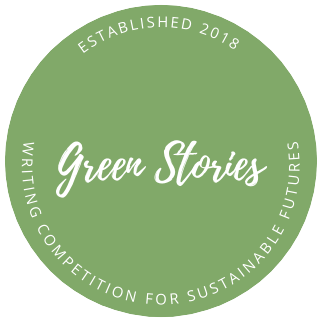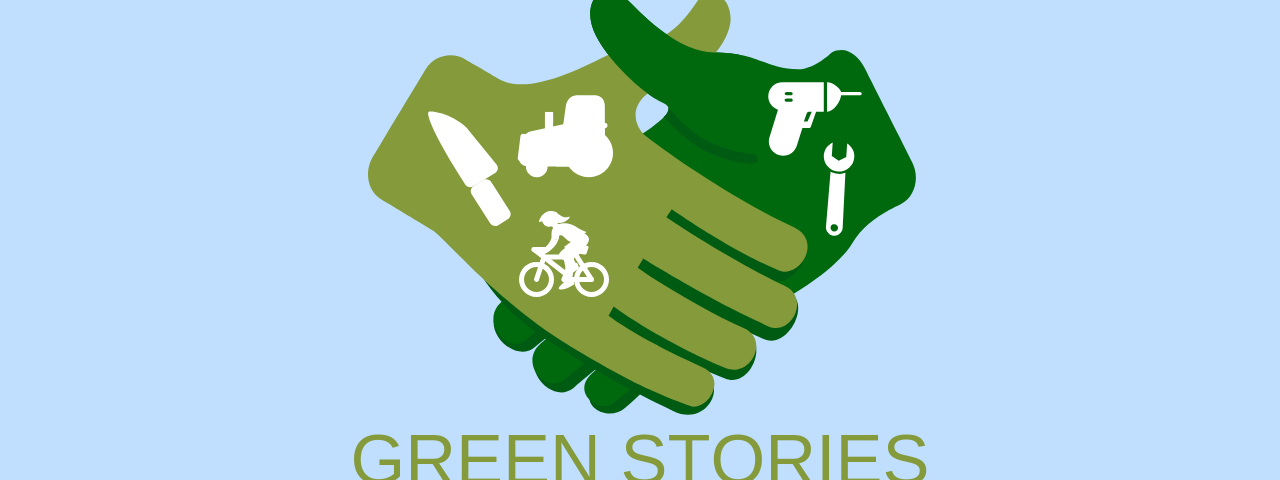Think of all the stuff in your shed, or your attic, or at the back of your cupboard. Your house is probably full of items that you may only use once or twice a year, but is still taking up lots of space and you want to keep in case you need it. Think of all the resources and expense in every household having a drill for example, or large suitcases, bikes etc. Wouldn’t it be more efficient and save a lot of space and resources if we could easily just borrow stuff we only need now and then? What about an Amazon of borrowing rather than buying? Libraries of Things in every neighbourhood? Could the next John Lewis Christmas ad: be ‘Buy a year’s membership to sports department or fashion department for your friends and relatives?’
Useful Resources
Check out this post from My Green Pod,the brand that has made it impossible to buy or behave in a toxic way, about how “borrowing” is on the rise in 2022.
This blog takes imagines a world with no money at all
Check out this great video for an overview of the benefits of a sharing economy
The sharing economy is a society where we avoid needless buying new. It looks at peer to peer sharing. A great example has started up in Crystal palace –a library of things where you can borrow rather than buy.
In the UK, Ikea are researching ways to shift their customers from a buying model to a borrowing model so they become members who borrow furniture and then return and upgrade rather than throw out. John Lewis are shifting towards fashion rental. The switch from ownership to swapping, borrowing and or renting is already happening, especially in fashion which is great news as the fashion industry accounts for 10% of global greenhouse gas emissions -more than flights & fishing combined. By implementing platforms in which we can swap clothes and goods, we’re eliminating a lot of that carbon footprint, and saving money! Here are some examples:
Depop a platform to buy and sell clothes, also a lot of users are offering ‘Swaps’. Circos rent clothes for children. https://www.byrotation.com/ fashion rental app. https://www.thedevout.com/ https://onloan.co/, https://www.hurrcollective.com/; Hire Street My Wardrobe HQ Or make money hiring your own clothes – see https://www.bbc.co.uk/news/av/stories-49772226/money-making-hack-renting-clothes-online.
The second hand preloved market is also taking off e.g. https://www.kidsoclock.co.uk/ Cos Resell, and thredUp
No need now to own a car as more people are catching on to peer to peer car-sharing via platforms such as Drivy and Hiya car and making lots of money hiring their car out.
Story Ideas
Focus of story: You could have an entrepreneurial character who tries to establish a new way of accessing goods, launching a new business model whereby membership entitles you to access all kinds of goods on a loan basis, and membership can be earned through volunteering time, donating goods and/or subscription. The plot can focus on the individual struggle and risks the character takes and obstacles overcome to make it catch on. Or you can look at the true story of setting up the library of things and use that as the basis for a ‘based on true events’ kind of story.
Background of story: Imagine a society where there are no shops anymore – instead everything is borrowed from libraries. Instead of going shopping, you go borrowing. Everyone has access to everything. Maybe Christmas for your characters is a time of gifting a year’s membership to John Lewis’s Toy department or Marks & Spencer’s clothing. Your heroine in a romance can borrow a glamorous dress and jewellery for her big date. Your hero in a thriller can borrow a speed boat. A couple in a family drama can borrow best china and pressure cooker for a dinner party they are holding. So you can use this idea as the backdrop for any kind of story, and assume this is now established practice. Maybe it can be a rom-com but couples meet by sharing things.
Or you can set your story in the transitional period as we move from ownership to sharing and build a plot around how that affects your characters. For example this transition is likely to changes how we define ourselves – possessions are no longer status symbols and that might affect how certain characters respond to these changes. Those with very little are likely to love it, but those who like their conspicuous consumption may feel more put out.
Shopping: Shopping in general would be very different, as many items would be borrowed/shared rather than owned. But with everyday items like food, there may be no packaging so everyone has to bring their own container for food/drink they buy. These kinds of details can be in the background of your main plot and subtly plant the idea of a society that walks lightly on the earth without waste.

